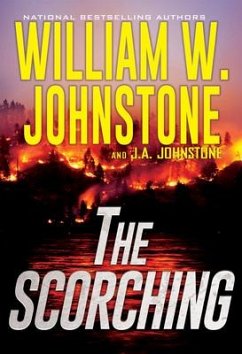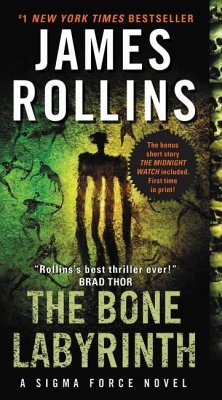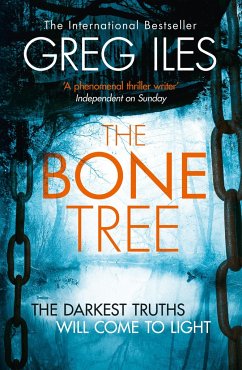
Storm

PAYBACK Punkte
12 °P sammeln!
A thrilling, innovative novel about the interplay between nature and humankind by the author of Names on the Land.With Storm, first published in 1941, George R. Stewart invented a new genre of fiction: the eco-novel. California has been plunged into drought throughout the summer and fall when a ship reports an unusual barometric reading from the far western Pacific. In San Francisco, a junior meteorologist in the Weather Bureau takes note of the anomaly and plots an incipient little whorl on the weather map, a developing storm, he suspects, that he privately dubs Maria. Stewart s novel tracks ...
A thrilling, innovative novel about the interplay between nature and humankind by the author of Names on the Land.
With Storm, first published in 1941, George R. Stewart invented a new genre of fiction: the eco-novel. California has been plunged into drought throughout the summer and fall when a ship reports an unusual barometric reading from the far western Pacific. In San Francisco, a junior meteorologist in the Weather Bureau takes note of the anomaly and plots an incipient little whorl on the weather map, a developing storm, he suspects, that he privately dubs Maria. Stewart s novel tracks Maria s progress to and beyond the shores of the United States through the eyes of meteorologists, linemen, snowplow operators, a general, a couple of decamping lovebirds, and an unlucky owl, and the storm, surging and ebbing, will bring long-needed rain, flooded roads, deep snows, accidents, and death. Storm is an epic account of humanity s relationship to and dependence on the natural world.
With Storm, first published in 1941, George R. Stewart invented a new genre of fiction: the eco-novel. California has been plunged into drought throughout the summer and fall when a ship reports an unusual barometric reading from the far western Pacific. In San Francisco, a junior meteorologist in the Weather Bureau takes note of the anomaly and plots an incipient little whorl on the weather map, a developing storm, he suspects, that he privately dubs Maria. Stewart s novel tracks Maria s progress to and beyond the shores of the United States through the eyes of meteorologists, linemen, snowplow operators, a general, a couple of decamping lovebirds, and an unlucky owl, and the storm, surging and ebbing, will bring long-needed rain, flooded roads, deep snows, accidents, and death. Storm is an epic account of humanity s relationship to and dependence on the natural world.













